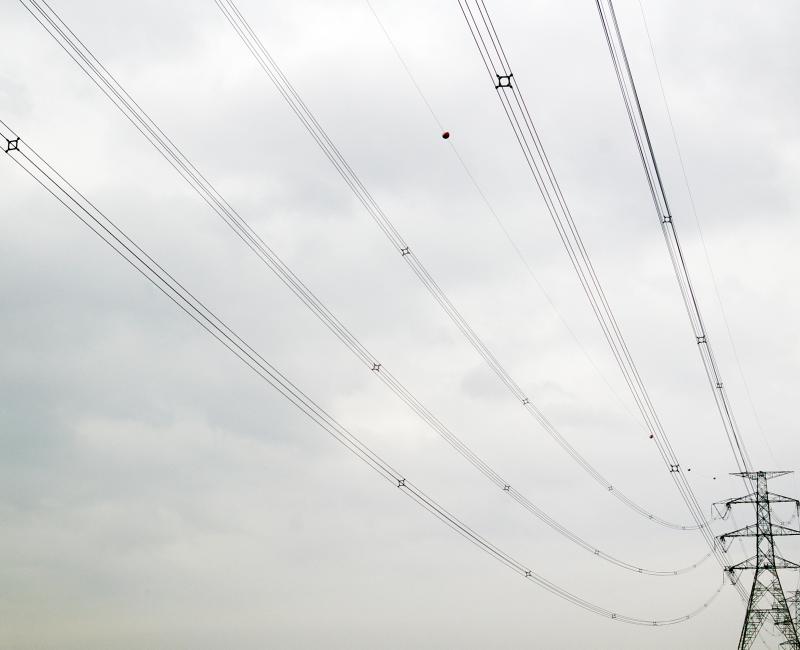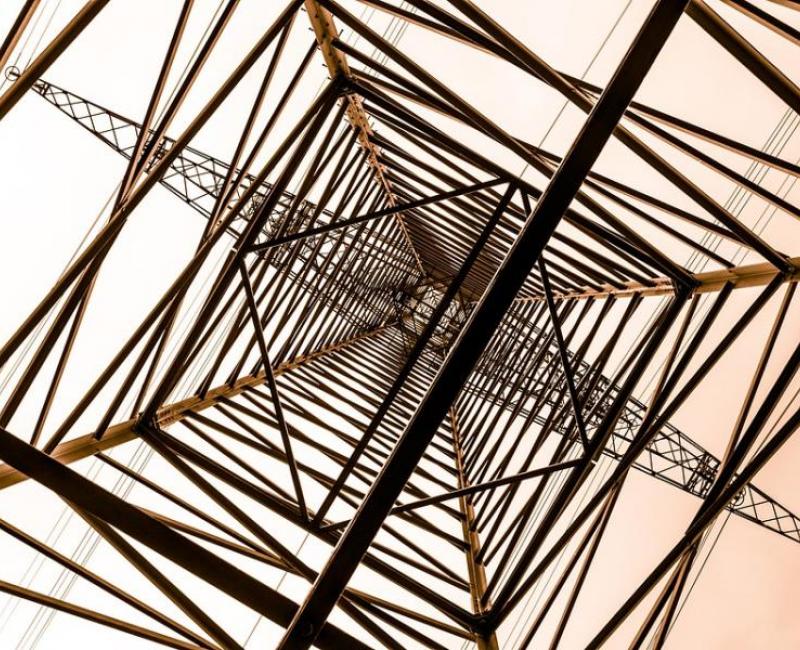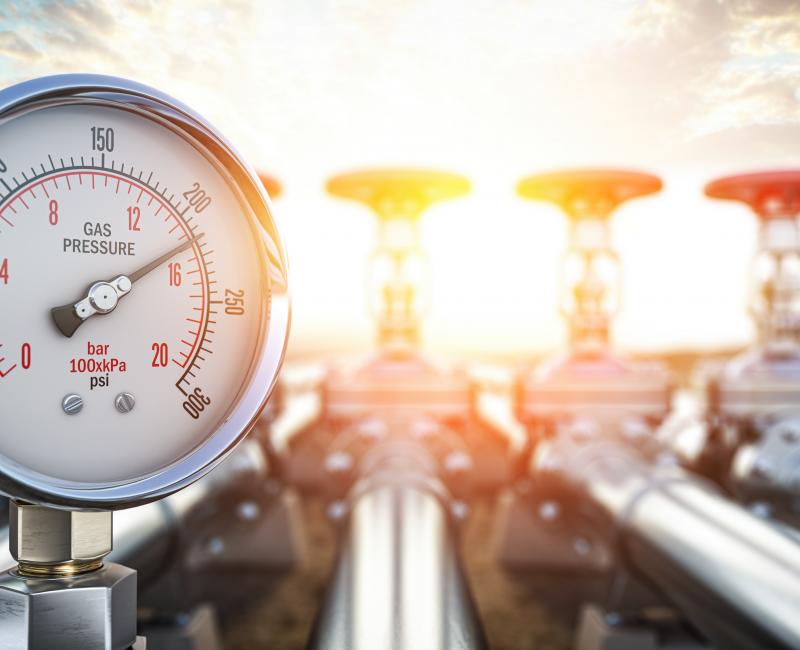19 RDCT Cost Sharing
19 RDCT Cost Sharing
Documentation on the approval processes of the RDCT cost sharing methodologies of each capacity calculation region
ACER appreciates ENTSO-E`s efforts to expand its seasonal assessments

ACER appreciates ENTSO-E`s efforts to expand its seasonal assessments
What is it about?
ENTSO-E’s Summer and Winter Outlooks alert Member States and Transmission System Operators (TSOs) about potential risks related to security of electricity supply that could occur six months ahead.
The importance of these reports is heightened in the context of Russia’s continued military aggression against Ukraine.
ACER acknowledges ENTSO-E’s efforts to take account of the changing wartime situation as reflected in the recent Summer Outlook. ACER also provides some considerations for ENTSO-E’s upcoming Winter Outlook report.
Highlights of ENTSO-E’s Summer Outlook (2022)
ENTSO-E’s Summer Outlook Report 2022 (June 2022) found no major summer-time risk to electricity supply in Europe. However, it pointed to the need for close monitoring of electricity and gas sectors and enhanced coordination for the winter period.
ENTSO-E’s assessment is that gas savings made by the power sector are possible, but that a significant volume of gas is still needed for electricity adequacy. ACER welcomes ENTSO-E’s preliminary assessment of gas dependency, which provides an early indication of potential risks to security of supply for the upcoming winter.
ACER decided not to issue an opinion on ENTSO-E’s Summer Outlook, finding it broadly consistent with its mandate.
ACER’s considerations for the upcoming Winter Outlook Report
ACER raised some key considerations on the upcoming Winter Outlook Report 2022-2023:
- Coordination between ENTSOs is key
Gas storage levels at the end of summer will be key for the Winter electricity Adequacy Outlook. ACER recommends that ENTSO-E (electricity) and ENTSOG (gas) coordinate the assumptions and outputs for their respective seasonal outlooks for consistent results.
- National mitigation measures will have an impact at European level
Member States are implementing preparedness and mitigation measures in view of a potential disruption of Russian gas. The Winter Outlook can assess the relevant cross-border effects of these national mitigation measures. TSOs should closely coordinate with competent national authorities to ensure the latest data is available to ENTSO-E.
- Considering additional sensitivities can help EU decision makers
ACER appreciates ENTSO-E’s efforts to shape the Winter Outlook in a way that EU decision-makers can benefit from additional sensitivity analysis to capture potential scenarios.
ACER proposes further scenarios for consideration related to demand side adjustment, supply side events and factors affecting the network.
- ENTSO-E’s dynamic and responsive approach is welcome
ACER appreciates ENTSO-E is engaging with and sharing early results with Member States and national regulatory authorities.
ACER welcomes ENTSO-E inclusion of the months of October and November (which are not usually part of the Outlooks) and recommends updating the assumptions of the Winter Outlook as close as possible to the publication date.
19 RDCT Cost Sharing - Approved
19 RDCT Cost Sharing - Approved
The latest approved RDCT cost sharing methodologies of the respective capacity calculation region
ACER has decided on alternative electricity bidding zone configurations

ACER has decided on alternative electricity bidding zone configurations
What is it about?
The EU Agency for the Cooperation of Energy Regulators (ACER) has reached a decision on alternative electricity bidding zone configurations. Transmission System Operators (TSOs) have 12 months to conduct the bidding zone review and to recommend whether to keep or amend the existing bidding zones.
What are bidding zones and why are their alternative configurations relevant?
A bidding zone is the largest geographical area within which market participants are able to exchange energy without capacity allocation. Currently, bidding zones in Europe are mostly defined by national borders. However, the existing European electricity target model requires defining bidding zones based on network congestions. Hence, alternative bidding zone configurations based on this principle need to be examined.
What are the Decision’s main highlights?
ACER’s Decision is based on stakeholder input (via a stakeholder consultation in 2021), as well as on the extensive information provided by TSOs. This information included alternative configurations previously submitted to ACER, the outcome of locational marginal pricing simulations (in accordance with the bidding zone review methodology approved in November 2020) and additional feedback received by TSOs.
In its Decision, ACER proposes alternative bidding zone configurations for five Member States.
- In Continental Europe, alternative configurations are proposed for Germany (4 alternatives), France (1), Italy (1) and the Netherlands (1).
- In the Nordic area, 4 alternative configurations are proposed for Sweden.
What’s next?
Following ACER’s Decision, TSOs have 12 months to conduct the bidding zone review and provide a recommendation on whether to keep or amend the existing bidding zones. Member States will then decide whether or not to change the bidding zones accordingly.
What are the benefits?
Better defined bidding zone configurations (i.e. whose borders are based on long-term, structural congestions) can bring several benefits including:
- increased opportunities for cross-zonal trade,
- more efficient network investments, and
- cost-efficient integration of new technologies.
Read more on the ACER's Decision 11-2022.
Supporting investments for a more digitalised electricity grid
Supporting investments for a more digitalised electricity grid
Energy transition, digitalisation and cybersecurity
Energy transition, digitalisation and cybersecurity

ACER reports on mostly positive progress in implementing the gas balancing network code

ACER reports on mostly positive progress in implementing the gas balancing network code
What is the report about?
The EU Agency for the Cooperation of Energy Regulators (ACER) publishes today its sixth report on the gas balancing network code implementation.
ACER monitors and reports on the effective implementation of the gas balancing network code since 2016. The reports review the country assessments for each Member State, or a large sub-set of balancing zones, focusing on key features of the balancing design.
This year’s report focuses on seven balancing zones that kept transitory or interim measures or showed partial implementation of the network code in 2020.
In particular, the analysis focuses on zones that:
-
did not terminate the interim measures by April 2019 (Bulgaria, Greece, Ireland and Slovakia) or that kept transitory measures (Portugal) after the 2016 deadline; and
-
only partially implemented the code’s provisions (Finland and Romania).
What are the main findings?
The report finds that:
-
Member States have terminated all interim or transitory measures by June 2022. The only exception is Slovakia which still has interim measures.
-
Bulgaria, Finland, and Greece have progressed to a high implementation level. Ireland has improved its implementation level, which was already high.
-
Portugal, Romania, and Slovakia have still only partially implemented the code – whilst Portugal has made some progress, Romania and Slovakia have not.
What are ACER’s recommendations?
ACER welcomes the termination of the interim and transitory measures and the progress across Europe.
ACER recommends that the relevant stakeholders:
-
increase their transparency on information provision (beyond the minimum requirements); and
-
explore possible efficiency gains (e.g. via balancing zone mergers) to overcome the persisting structural market limitations that do not allow the code’s full implementation.
Would you like to find out more? Access the Report.
Gas Balancing Dashboard
Check out ACER’s new Gas Balancing Dashboard. It presents the main monitoring trends visually and allows a comparison between national balancing regimes.
Find out more on how to interact with the Dashboard.
Access the Dashboard via direct link or through AEGIS webpage.
